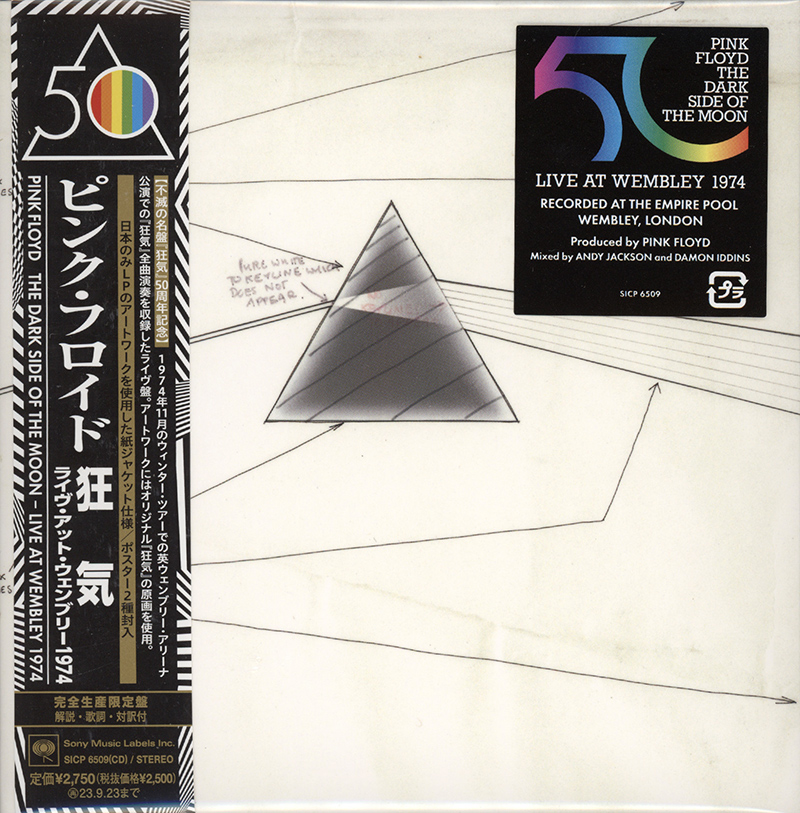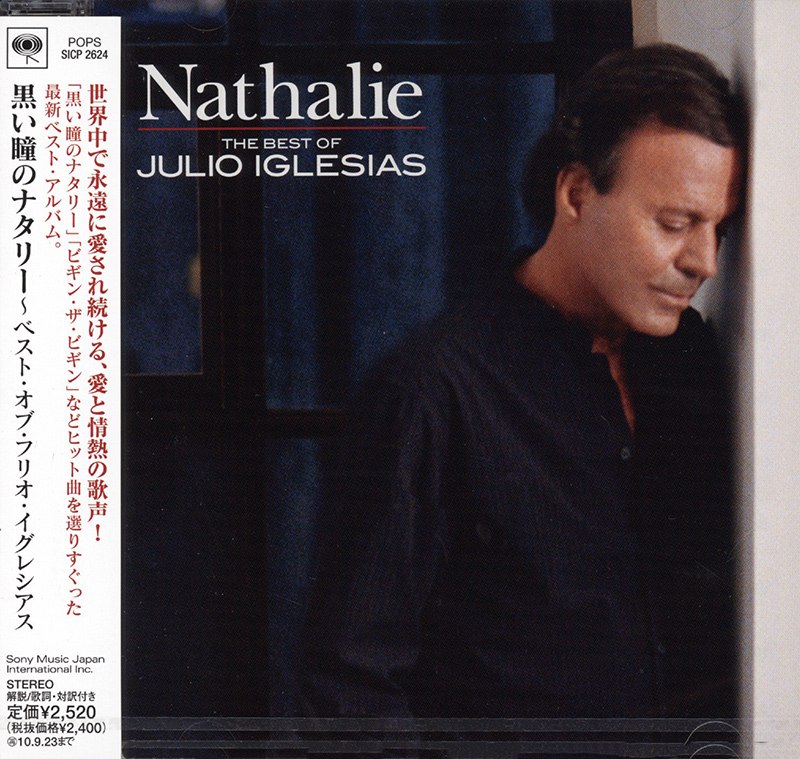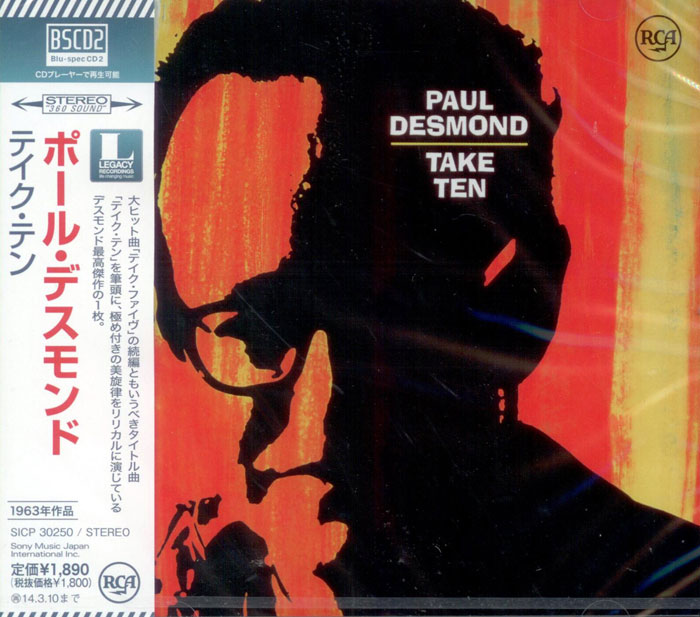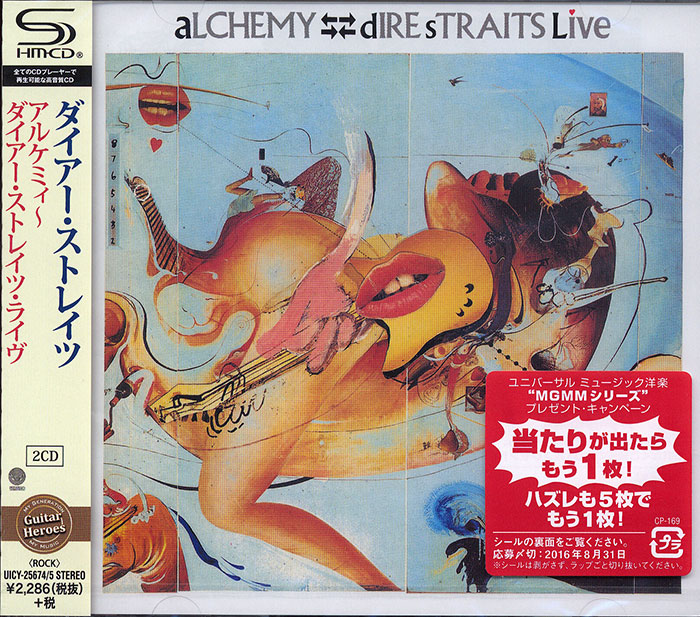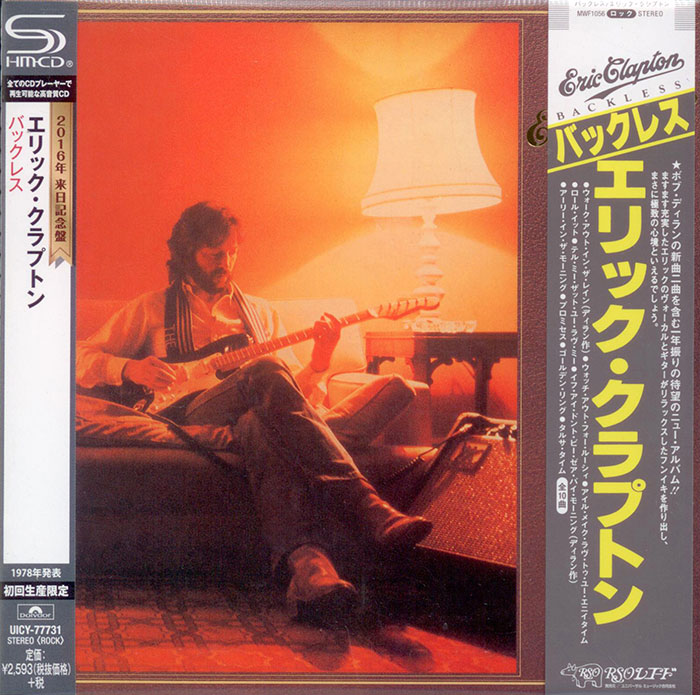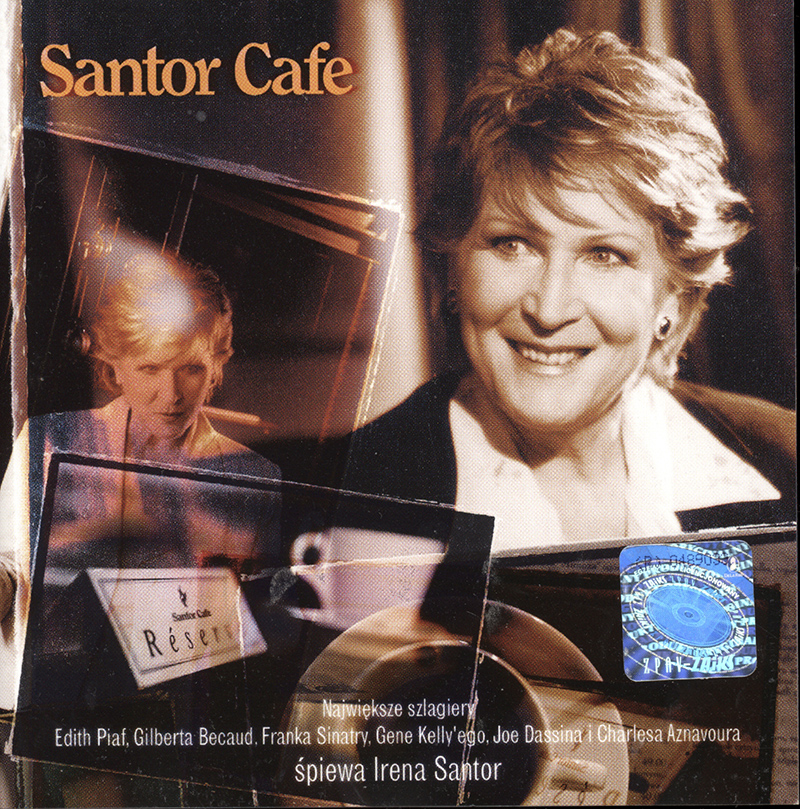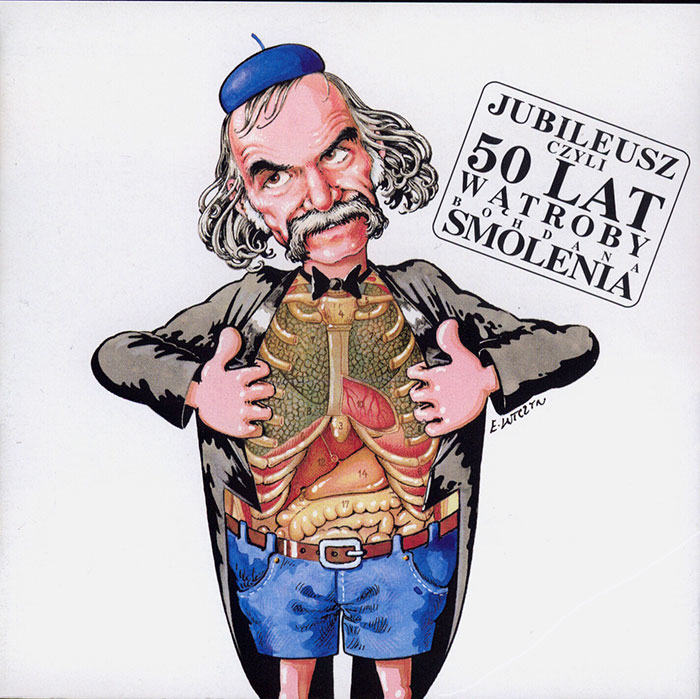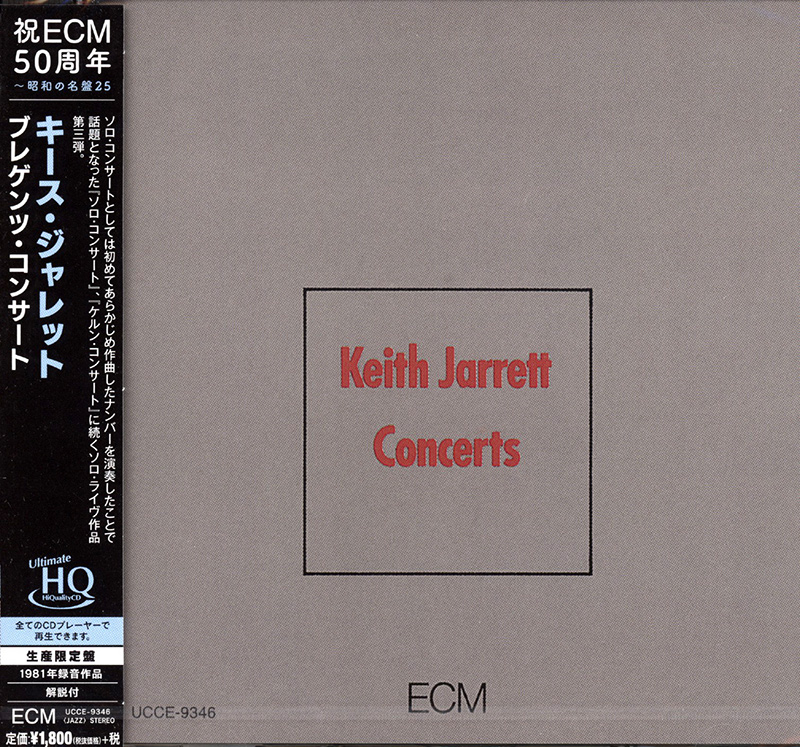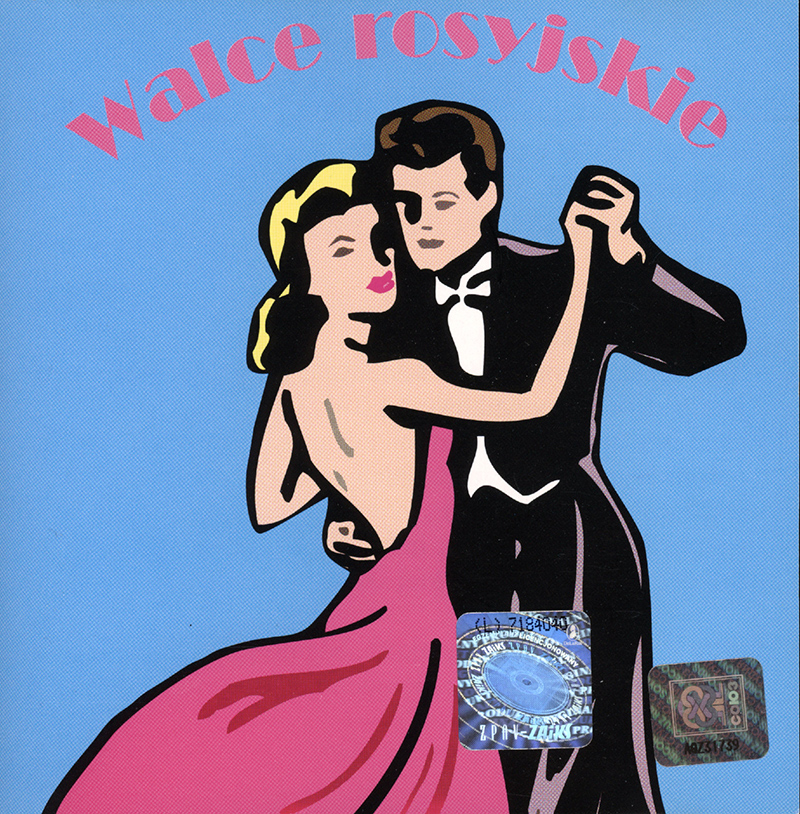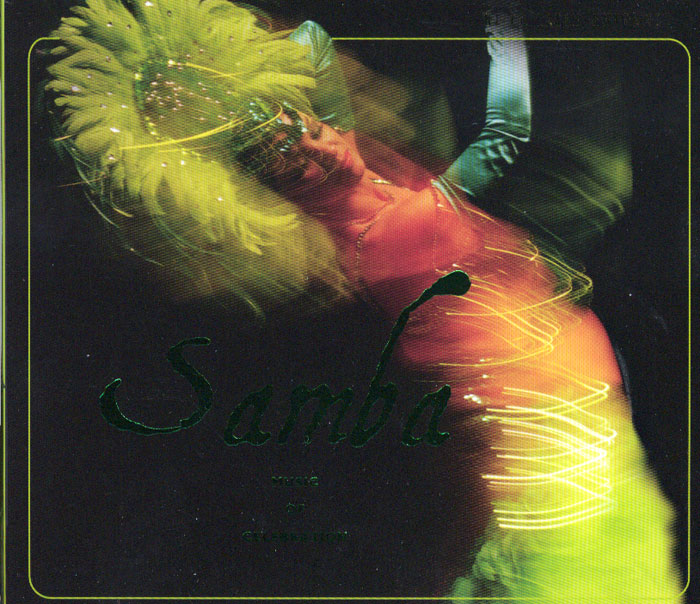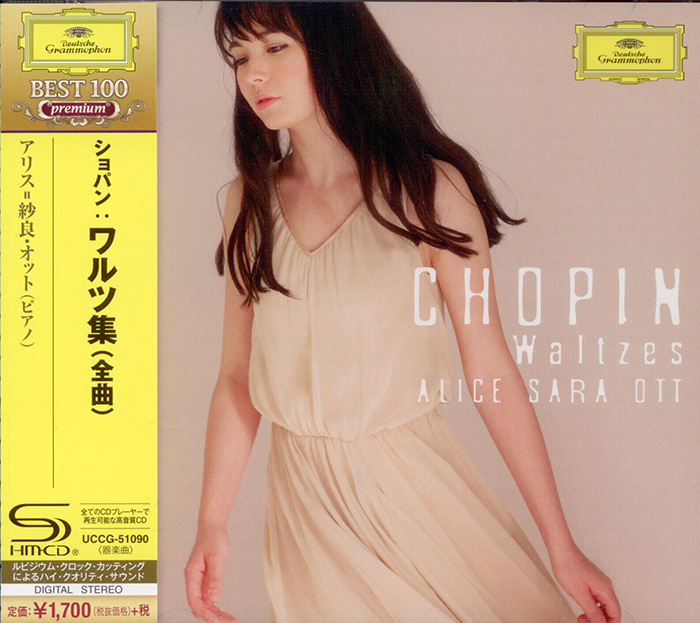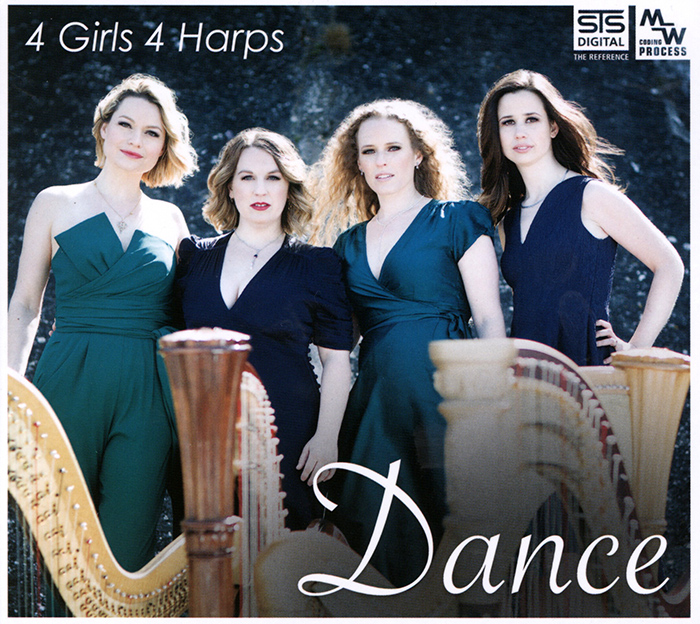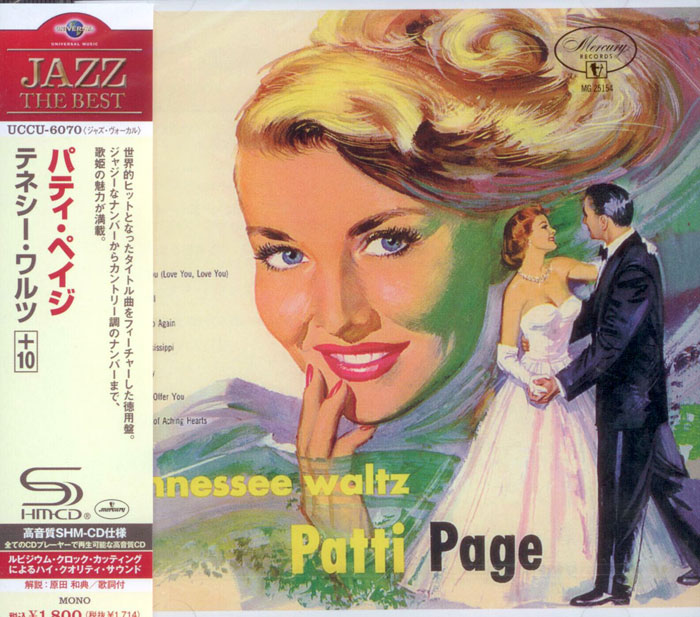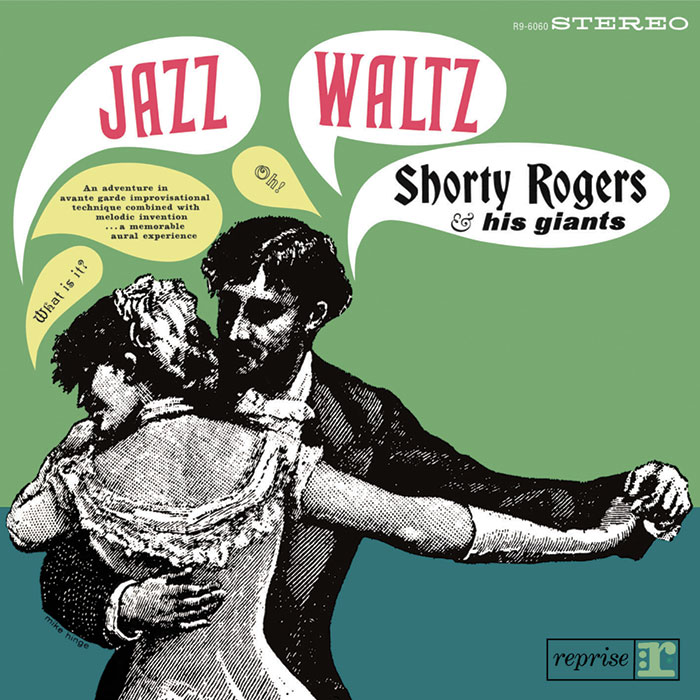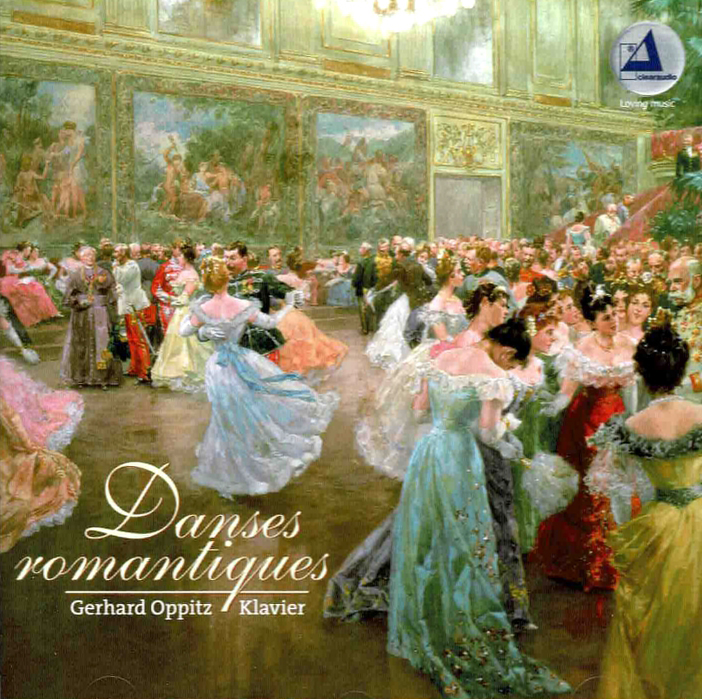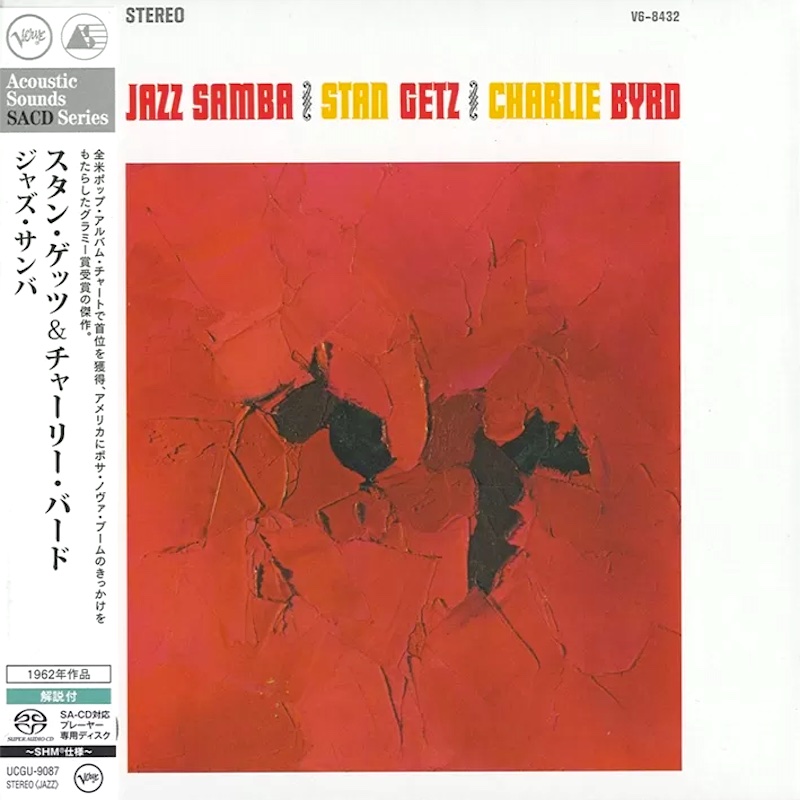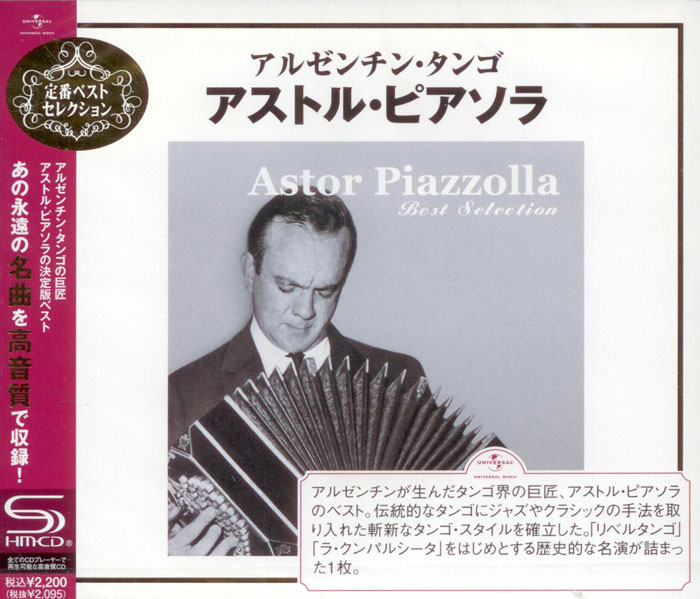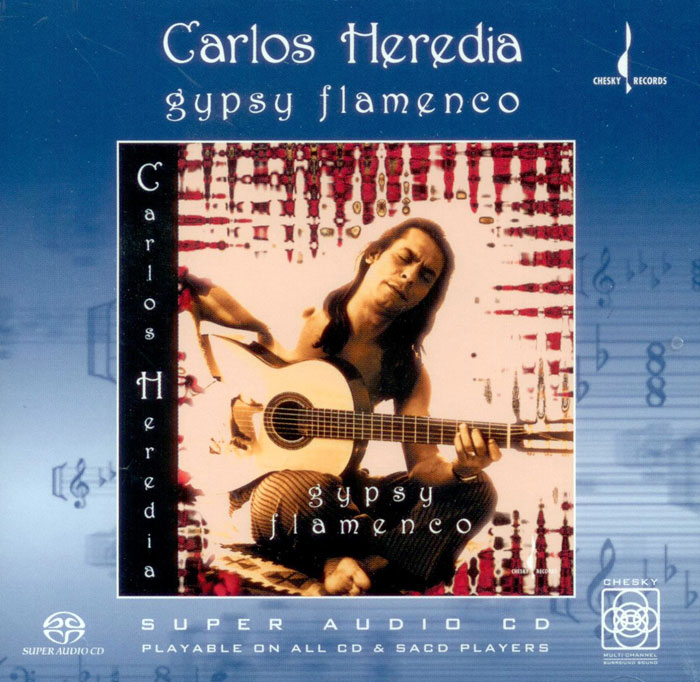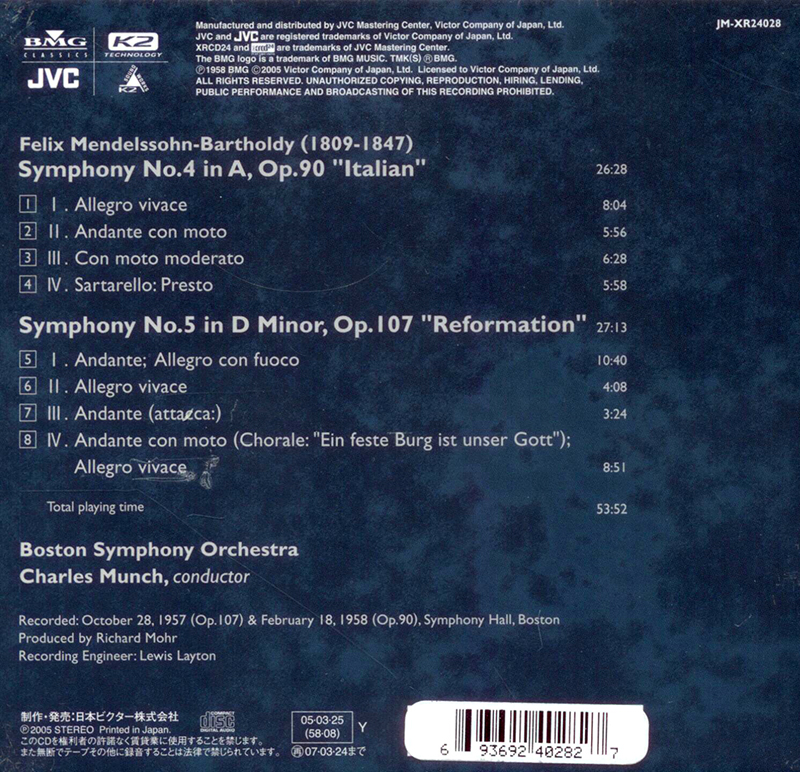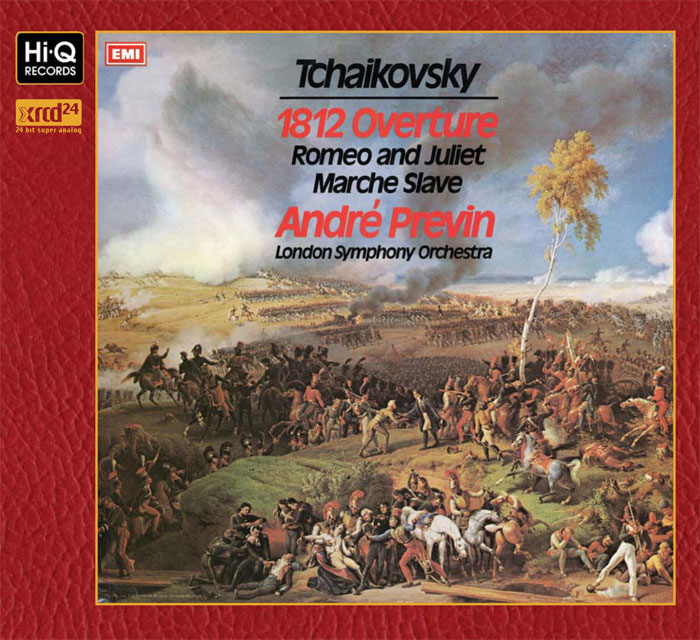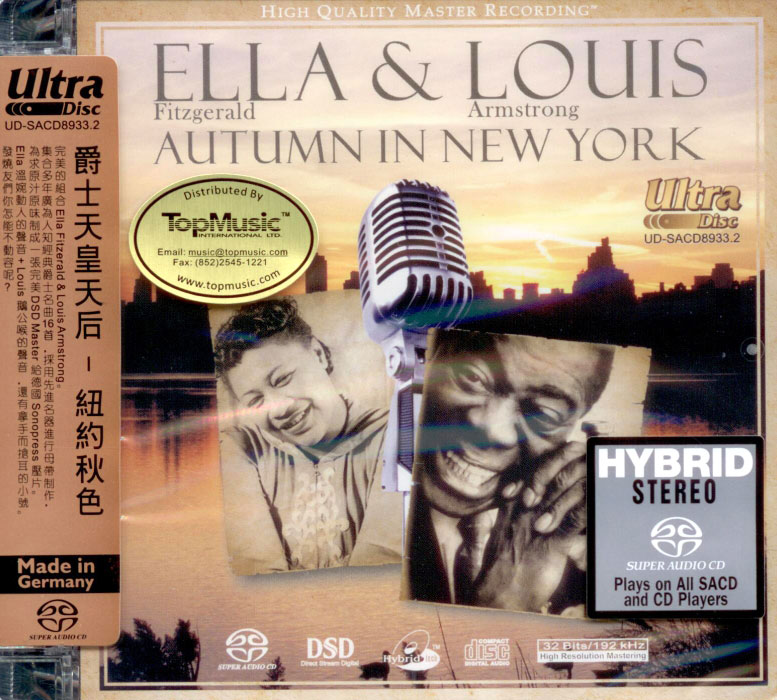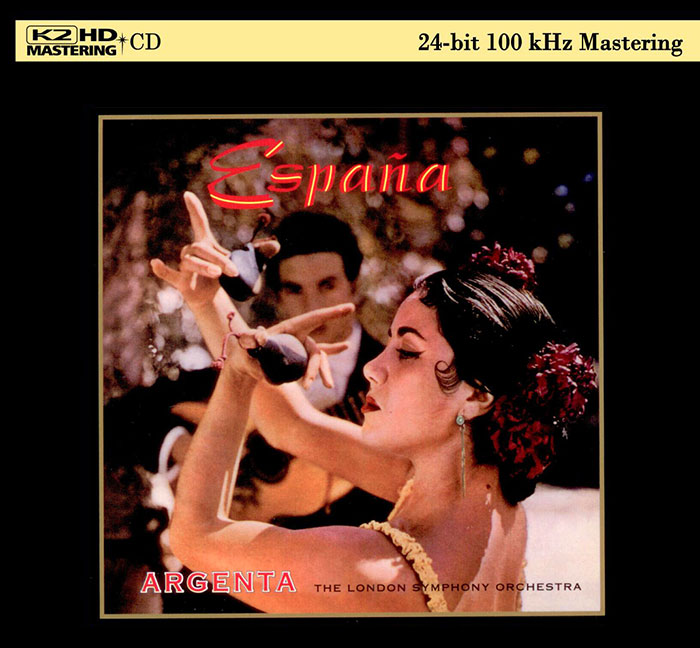Logowanie
Mikołaj - ten to ma gest!
Elton John, The Mamas & The Papas, Cat Stevens, Rod Stewart, Bobbie Gentry, Stevie Wonder, Engelbert Humperdinck
Memory Lane
Edycja Numerowana - 1000 egzemplarzy w skali światowej
RACHMANINOV, Eiji Oue, Minnesota Orchestra
Symphonic Dances / Vocalise
Best Recordings of 2001!!! NAJCZĘŚCIEJ KUPOWANA PŁYTA Z RR!
Karnawał czas zacząć!
Music of Love - Hi-Fi Latin Rhythms
Samba : Music of Celebration
AUDIOPHILE 24BIT RECORDING AND MASTERING
CHOPIN, LISZT, DEBUSSY, DVORAK, Gerhard Oppitz
Dances romantiques - A fantastic Notturno
Wzorcowa jakość audiofilska z Clearaudio
Winylowy niezbędnik
ClearAudio
Double Matrix Professional - Sonic
najbardziej inteligentna i skuteczna pralka do płyt winylowych wszelkiego typu - całkowicie automatyczna
MENDELSSOHN, Charles Munch, Boston Symphony Orchestra
Italian and Reformation Symphonies
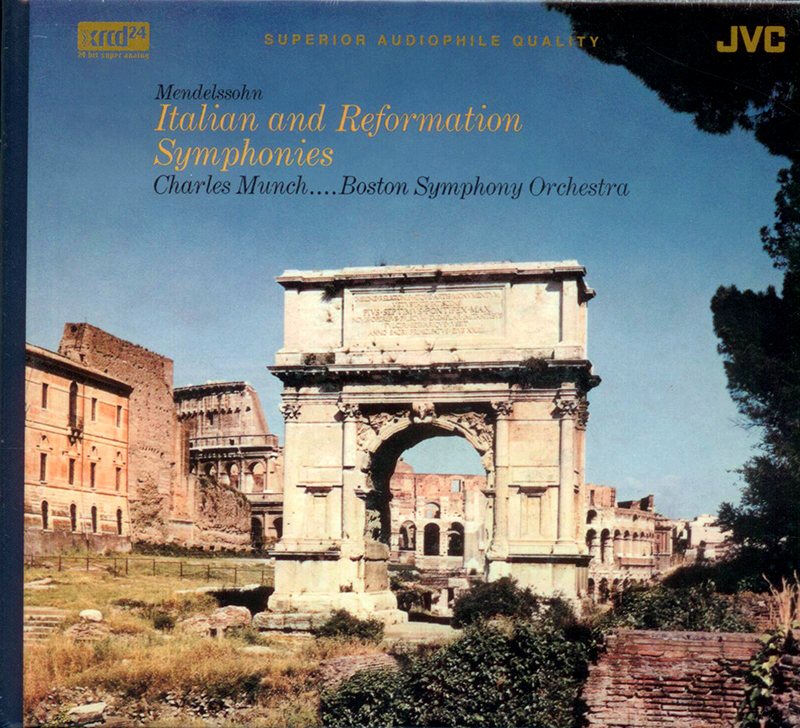
- Mendelssohn: Italian and Reformation Symphonies
- Mendelssohn: Symphony No.4 in A,Op.90 "Italian":
- 01. Allegro vivace (8:04)
- 02. Andante con moto (5:57)
- 03. Con moto moderato (6:29)
- 04. Saratarello: Presto (6:08)
- Mendelssohn: Symphony No.5 in D Minor,Op.107 "Reformation":
- 05. Andante; Allegro con fuoco (10:45)
- 06. Allegro vivace (4:13)
- 07. Andante (attaca:) (3:24)
- 08. Andante con moto (Chorale: "Ein feste Burg ist unser Gott"); Allegro vivace (8:51)
- Charles Munch - conductor
- Boston Symphony Orchestra - orchestra
- MENDELSSOHN
KWINTESENCJA BRZMIENIA ANALOGOWEGO
AllMusic Review by James Leonard [-]
All hail Alsatian conductor Charles Münch! The recordings of French orchestral repertoire he made during his tenure with the Boston Symphony -- his Debussy, his Ravel, and above all his Berlioz -- still stand as the standard recordings of the music. Unfortunately, it was not always so in other repertoire. Although a conductor with a strong feeling for line, color, and tempo, Münch was not at home in the heartland of Beethoven, Schumann, and Brahms and his Boston recordings of the central European repertoire were heavy-handed and phlegmatic with thick textures, odd balances, and apparently little understanding of the formal issues at stake. In these recordings of Mendelssohn's Fourth and Fifth symphonies plus the Scherzo from the Octet transcribed for orchestra, Münch and the BSO are wonderfully melodic, marvelously colorful, and powerfully driven and if that was all it took to succeed in Mendelssohn, these would be great performances. But Münch's "Italian" Symphony is more smoke than fire and more pasta than sauce: the outer movements smolder rather than blaze and the inner movements are weighty but tasty. And Münch's "Reformation" is more pride than wisdom and more mundane than sublime: the tone is fulsome rather than sincere and the outer movements' extended slow introductions plus the central Andante keep the music firmly earth-bound. The concluding encore of Mendelssohn's own arrangement of his Octet's Scherzo is a lovely little thing, and unchallenged by metaphysical issues, Münch and the BSO shine bright and beautiful -- even if the music does sound more like Ravel than Mendelssohn. RCA's super audio transfers are loud but harsh.

>> Płyty XRCD do odtworzenia we wszystkich typach czytników CD oraz DVD. Gwarantują niespotykaną wcześniej analogową jakość brzmienia, znakomitą scenę i wyjątkową przejrzystość oraz kolorystykę dźwięku. <<<

